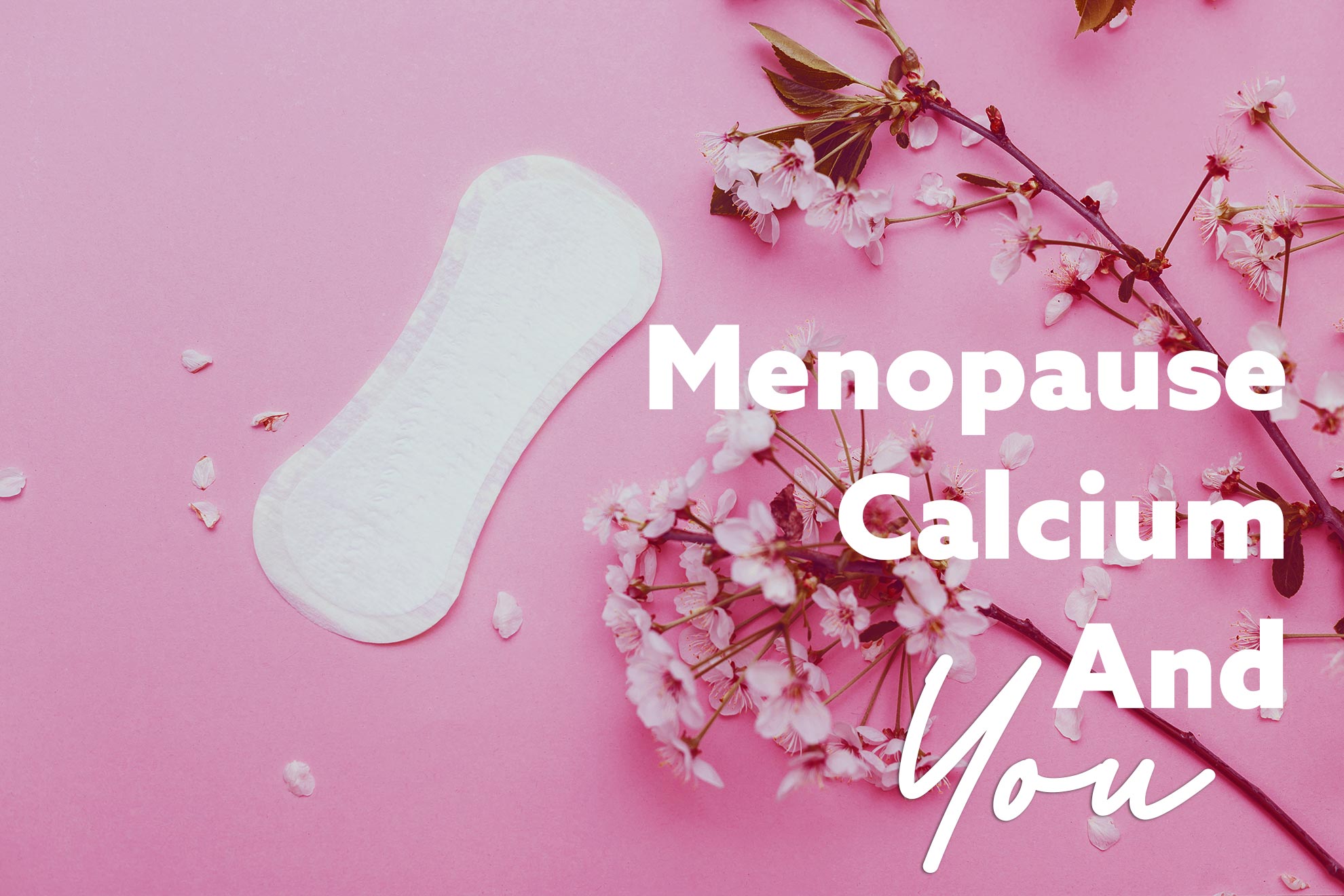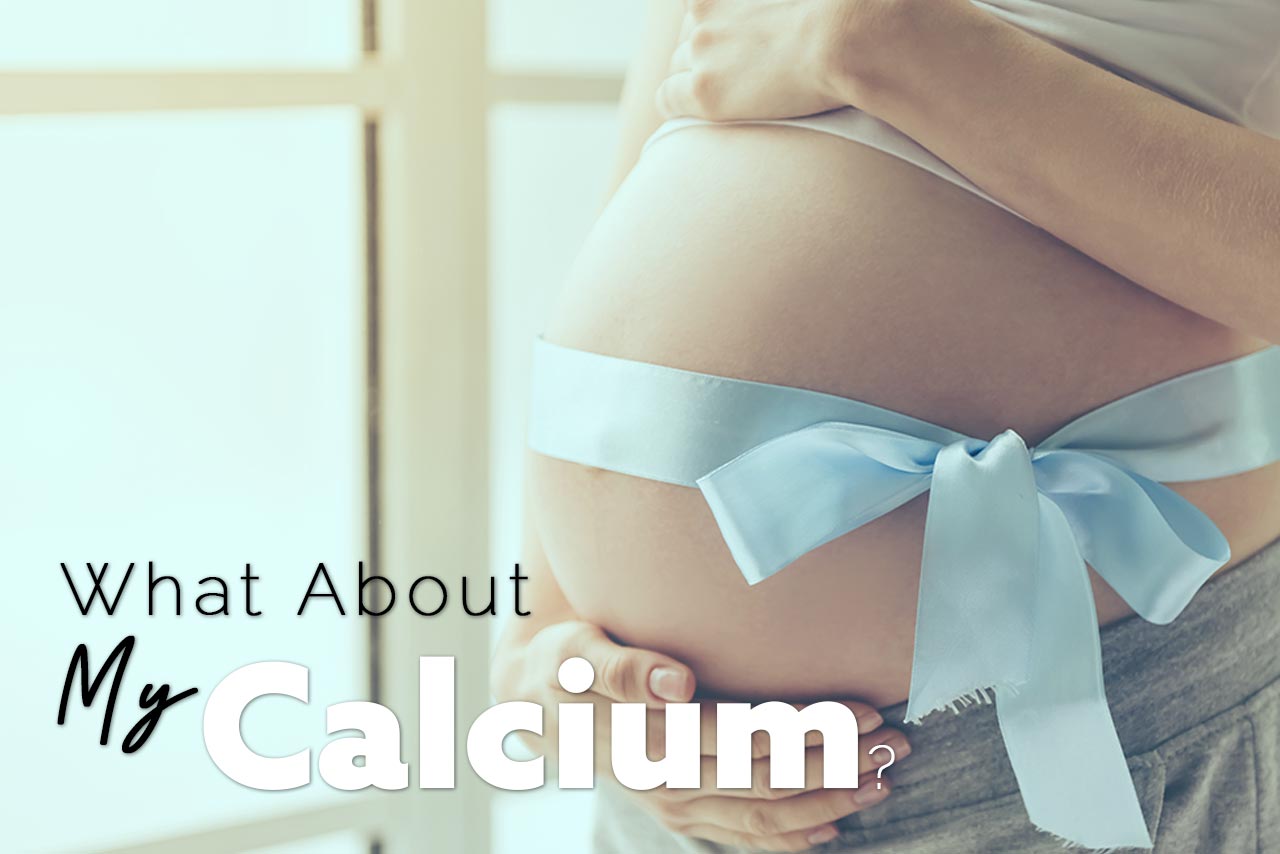
15-E, Jay Bharat Soc.
Khar West, Mumbai-52
+91 84199 18281
24/7 Customer Support
Mon - Sat: 11:00 - 18:30
Online store always open
Khar West, Mumbai-52
24/7 Customer Support
Online store always open

Calcium is an important nutrient during pregnancy, and if you’re not getting enough from your diet, you may need a supplement. Here we’ll discuss calcium supplements during pregnancy: how to know whether or not you need one, which type to take and what dose.
Hi, I am Dr. Rupa Shah and I’m a certified MBBS and Plant based diet practitioner and author of the book What About My Calcium. I help people have healthy babies and give their baby the best possible start in life through the power of good nutrition.
Calcium is an essential nutrient during pregnancy. Your baby growing inside of you needs calcium to grow strong bones and teeth, to grow a healthy heart, nerves and muscles, and to develop a normal heart rhythm and blood clotting abilities. Now, you need to make sure that the calcium the baby is getting comes from the food and the nutrition you are consuming and not from your own body’s calcium reserves which is not healthy for you as a person. So where do you get that calcium from and how much do you need?
Although your calcium requirements don’t increase during pregnancy, they stay at your normal levels depending upon your age… so 1300 milligrams per day for women under the age of 18, and 1000 milligrams per day for the rest of us.
So even though the requirements don’t necessarily increase, many pregnant women that I see don’t get enough calcium in their diet to start with. In addition to meeting the needs of your developing baby, calcium is also important to prevent a condition called pre-eclampsia.
Pre-eclampsia is a pregnancy condition characterized by high blood pressure. It can be very dangerous for you or your baby. Women with low calcium intakes of less than 600 milligrams per day have an increased risk of developing pre-eclampsia, so it’s another reason why you may need to double check your calcium intake.
There’s one more important reason too… research has found a relationship between low calcium levels and increased frequency and intensity of muscle cramps during pregnancy. Most doctors resort to prescribing calcium supplements, either a carbonate or a citrate. But I usually do not recommend any type of calcium supplements. The expecting mother is far better off meeting her calcium requirements through food if she can.
Many time calcium supplements can be contaminated with lead. There are reports which have concluded that most of the available calcium carbonate products contained small amounts of lead. According to a recent study conducted by Dr. Edward A. Ross, MD, Nancy J. Szabo, PhD and Ian R. Tebbett, PhD, substantial quantities of lead have been reported in some over-the-counter calcium supplement. Now, we are talking about tiny amounts, but food is always a safer option, especially during pregnancy.
 More practically, the calcium from food is also absorbed more easily than the calcium from supplements. One of the sources of dietary calcium used to be the cow/buffalo milk. However, with changing times and growing demands for dairy products, cows and buffaloes are injected with more and more antibiotics. Now consuming the milk from cows or buffaloes injected with antibiotics may have an adverse effect on the baby growing inside of the mother. So you need to consider alternate plant-based sources that are high in calcium.
More practically, the calcium from food is also absorbed more easily than the calcium from supplements. One of the sources of dietary calcium used to be the cow/buffalo milk. However, with changing times and growing demands for dairy products, cows and buffaloes are injected with more and more antibiotics. Now consuming the milk from cows or buffaloes injected with antibiotics may have an adverse effect on the baby growing inside of the mother. So you need to consider alternate plant-based sources that are high in calcium.
Some plant foods that are high in calcium are collard greens, brussels sprouts, kale, sweet potatoes, chickpeas, navy beans, soy beans, tofu, dried figs and calcium fortified plant milks provide adequate amounts as well and seeds such as sesame seeds.
If you’re not sure whether you are getting enough, I would recommend that you keep a food diary for a couple of days and add up your calcium intake, or make an appointment to see a prenatal dietitian. Depending on your condition the doctor will probably be putting you on a prenatal vitamin.
Now, if you do need a calcium supplement, follow these 5 simple guidelines:
Firstly, make sure that you don’t take more than 500 milligrams of calcium at one time as large doses won’t be absorbed.
Secondly, don’t take calcium supplements at the same time as your pregnancy multi-vitamin as it can impact the absorption of other nutrients such as iron.
Thirdly, calcium citrate is the preferred type of calcium supplement as it is more easily absorbed, but it is more expensive.
Number 4, if you have calcium carbonate supplements, make sure that you take them with food.
Number 5, if you are relying on calcium-fortified beverages, like an almond milk or soy milk, be careful because absorption of calcium from those types of drinks is generally less than the calcium absorbed from other plant based sources.
If you have any further questions, feel free to post in the comments box below. And, if you haven’t yet checked out my book on What About My Calcium, you can find it here.
It’s very important for you and important for your baby, if you are going to be nursing after you have the baby. And I would love to hear from moms who are pregnant now, how are you getting your calcium? If you’ve been pregnant in the past, what did you do? How did you space it out over the course of the day, because you can’t consume all this calcium at once. Your body can only digest a certain amount at any given time.
Best of luck staying healthy while you are enjoying your pregnancy.

The Healin Temple is a health and wellness center managed by Dr. Atul Shah & Dr. Rupa Shah where Modern Science meets Ancient Wisdom. Each one of our pathways is specifically designed to support your body holistically and promote natural healing.




[elfsight_facebook_feed id=”1″]

Today we will be talking on menopause, and we will be discussing the role of calcium in the menopause. Now, when most of us think

Calcium is an important nutrient during pregnancy, and if you’re not getting enough from your diet, you may need a supplement. Here we’ll discuss calcium

What is Calcium and why is calcium important to the body? Calcium is the most abundant mineral in the body. It makes up 2 %

Vitamin D is a nutrient that our own body produces! It’s called the sunshine vitamin for a reason. Our body synthesizes Vitamin D from sun